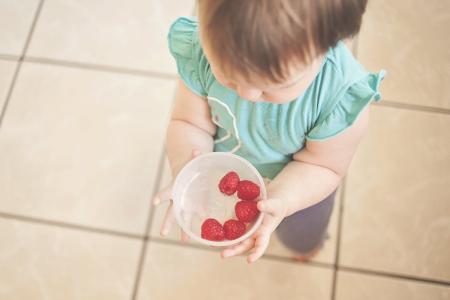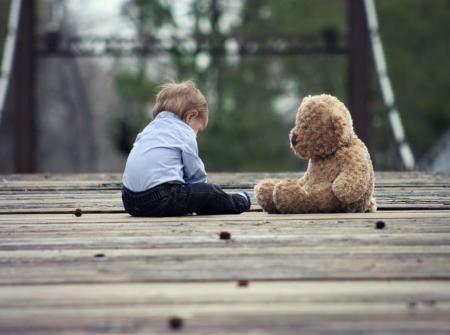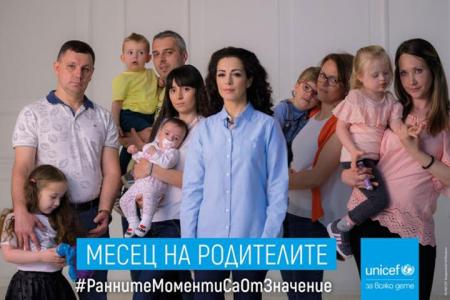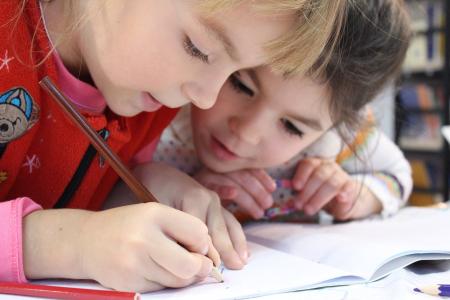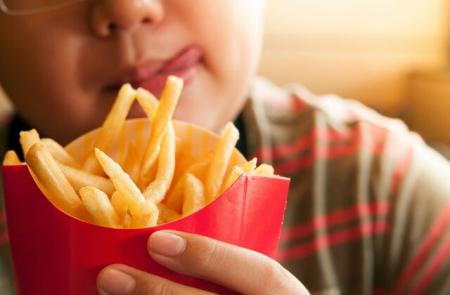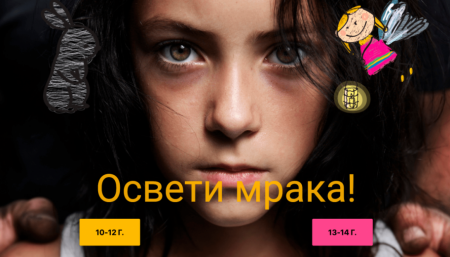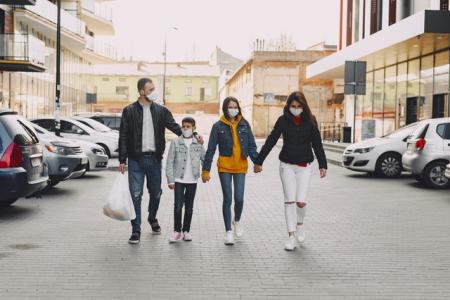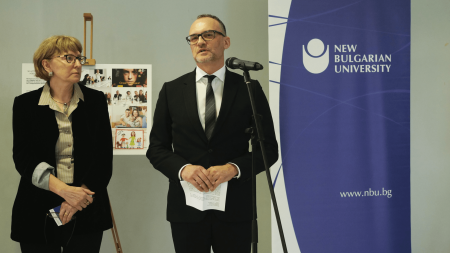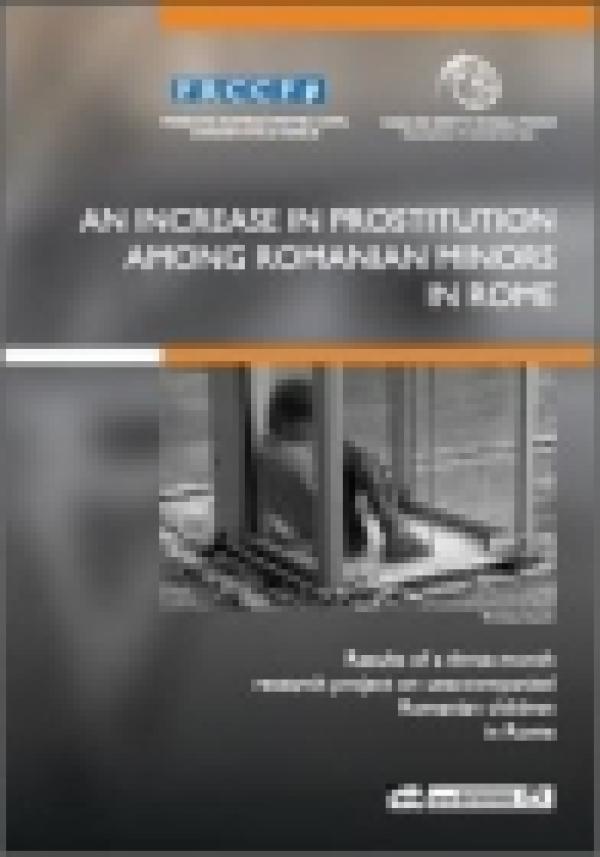
The National Network for Children (Bulgaria) shared that a WHO Initiative presented its COSI (Childhood Obesity Surveillance Initiative) report at the end of 2018. The report has presented its results for 10 years now and has included more than 300,000 European children in its research. COSI is a common European database that looks at the prevalence of obesity among children between the ages of 6 and 9. Thanks to the data, child development is monitored by identifying key risk factors. The report's information also helps define European and national nutrition policies. Since the WHO Initiative has begun in 2007, there have been observations of a significant reduction in obesity in Greece, Italy, Portugal and Slovenia and, unfortunately, an increase in Bulgaria, Latvia and Lithuania. In Bulgaria, the increase was more noticeable in boys.
The National Network for Children noted that "a daily consumption of breakfast and fruit and vegetables, and a limited consumption of sweet and savory foods, junk food and snacks, processed meat products, carbonated soft drinks" help reduce the risk of obesity. According to the report, over 90% of children in Denmark, Ireland, Portugal and Spain eat breakfast daily, while in Denmark, Ireland, Portugal over 60% of children consume fruits every day. In Bulgaria, on the other hand, daily breakfast is had by 78% of children, and only about 5% eat fruit "once or less than once a week". Vegetables are consumed daily by over 45% of children in Denmark, Ireland and Italy, compared to Bulgaria, where only 27% of children do the same. An alarming statistic is that Bulgaria, together with neighboring Romania, is that they are leading in the consumption of various junk foods, snacks or foods containing large amounts of sugar and salt. 26% of Bulgarians feed on such foods more than three times a week, and 45% at least once a week. The statistics are similar for both carbonated and non-alcoholic beverages with a high sugar content. 18% of Bulgarian children drink them more than three times a week, and 65% - at least once a week.
The NNC emphasized that physical activity is one of the most important factors in controlling obesity and becoming overweight. WHO recommends at least 60 minutes of physical activity daily, but only a small part of the children surveyed do that. For example, walking or cycling to school is seen as a high level of physical activity, but only "in Spain and Romania over 50% of children move around this way." In Bulgaria the statistics show 45%. However, a positive statistic is that 90% of Bulgarian children spend 90% in playing games outside every week, and 98% at weekends. At the same time, 59% of Bulgarian children are active at least two hours a week. Unfortunately, a significant number of Bulgarian children (38%) do not attend and do not practice any sports.
Another alarming figure is that children in Bulgaria spend much of their time watching television or using an electronic device. 83% of Bulgarian children spend at least two hours in front of the TV or other electronic devices on weekends and 48% spend two hours each day during the week. In some European countries, the community confronts this problem by creating "special incentives and training programs for parents to help curb these habits." For example, the children in France (30%), Portugal and Spain (22%) spend the least time in front of the screen.


